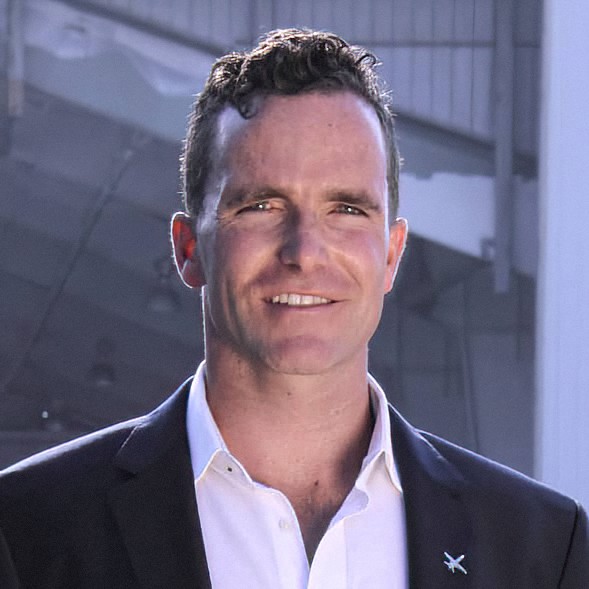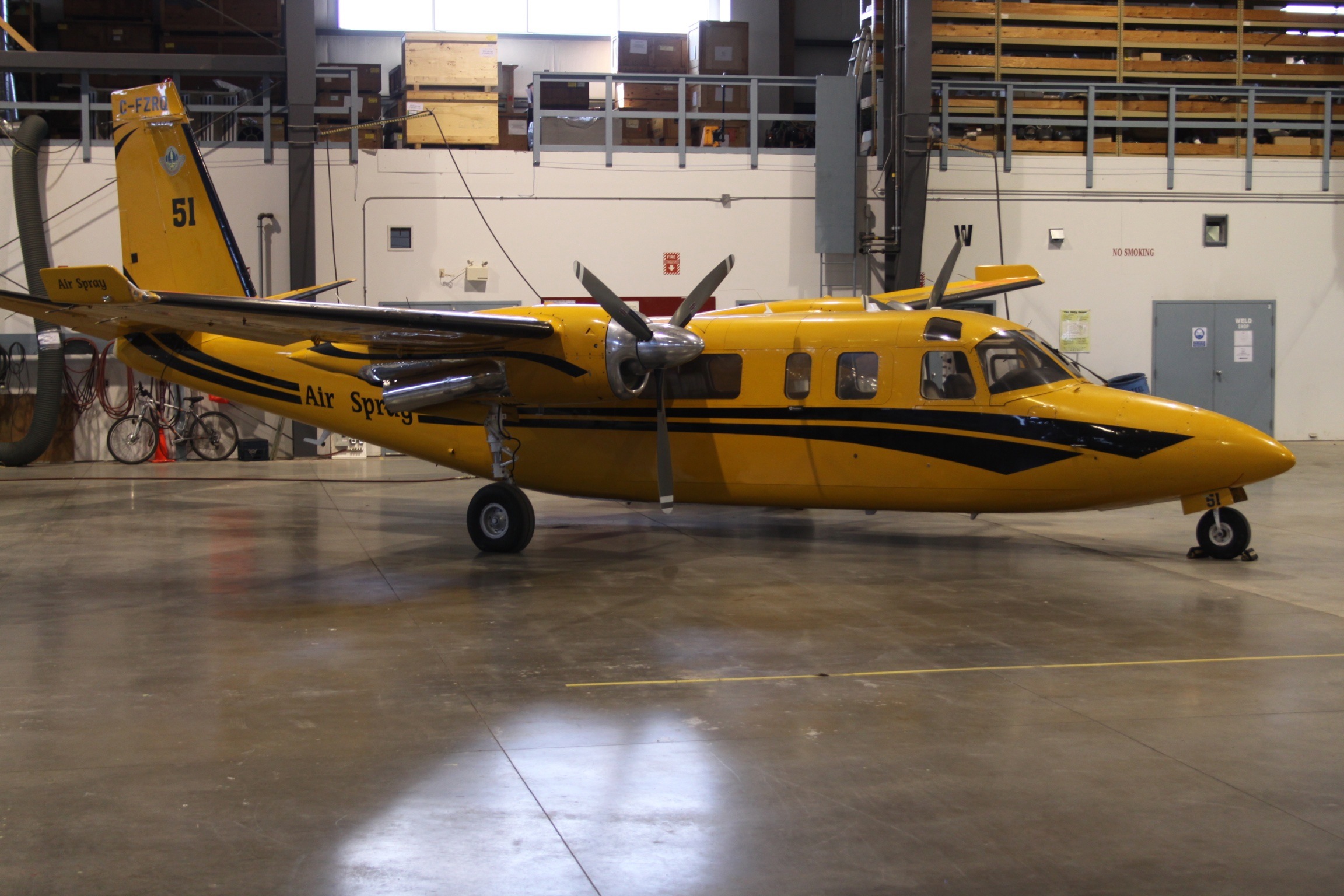Properties, including aircraft, are susceptible to damages caused by accidents and other factors. Hence, there’s a need for an insurance policy to protect owners against unforeseen accidents. When insurance providers pay the insured in such events, they shoulder the loss, but they can recover some of the losses through subrogation. In some cases, the insured may not desire this and would instead want to prevent the insurance provider from recovering costs from a third party, and that’s where the waiver of subrogation comes in.
In this article, we’ll explore what waiver of subrogation is, why it’s important, the role it plays in aviation insurance, and the effect it could have on your insurance premium.
What is a Waiver?
A waiver is a statement, usually in written form, showing a party’s intention or willingness to surrender or yield a legal right or claim. Hence, waiving is voluntarily relinquishing one’s right or claim.
What is Subrogation?
Subrogation is the legal right of an insurer to represent the insured in pursuing a third party, typically included in most insurance policies. Subrogation allows the insurer to pursue partial costs from the at-fault party on behalf of the insured to recover funds after paying a claim.
Example of Subrogation
Mr. A rents a car from Mr. B, and Mr. A has an insurance policy from Brighton Insurance Company. Mr. A was hit by Motorist C, who was driving under the influence. Brighton Insurance will settle the claim first and then pursue Motorist C for compensation as the negligent party. In this way, the insurance company may recover some of its losses.
What is a Waiver of Subrogation?
In the simplest term, waiver of subrogation is a legal contract that prevents an insurer from pursuing a third party on behalf of the insured in case of damages.
What is the Significance of Waiver of Subrogation?
To waiver the right of subrogation means you relinquish the right to subrogate. Waiver of subrogation or contractual subrogation clause prevents the insurer or forfeits the insurer’s right to subrogate, that is, to recover losses from the at-fault third party on behalf of the insured.
Waiver of subrogation frees the third party of all obligations to compensate the insured, whether the third party is partly at fault or completely negligent. Thus, the insurer bears the loss without any chance of recovery, while the third party is protected from losses.
For waiver of subrogation to be effective, the insurer must agree to take responsibility for paying a claim without subrogating. The insurer usually charges a premium when signing the waiver of subrogation with a third party, as it means they must bear most of the losses of a claim.
While the waiver of subrogation can increase your insurance premium, it reduces the likelihood of a lawsuit among the involved parties. If it is a mutual agreement, it also prevents cross-suits since neither party can pursue the other for damages.
Examples of Waiver of Subrogation in Practice
Mr. D, a landlord, leases his warehouse out to Ms. E under a lease contract requiring Ms. E to relinquish any right of subrogation in case of damages. Ms. E agrees to the contract and rents the warehouse. Two months later, the ceiling falls apart, and a worker is injured.
Ms. E’s insurance provider pays the claim for the damages. While subrogation permits Miss E’s insurer to demand a share for damages from Mr. D, the waiver of subrogation forces Miss E’s insurer to pay for all losses without the ability to pursue compensation from Mr. D, the landlord.
The Role of Waiver of Subrogation in Aviation Insurance
In aviation insurance, waiver of subrogation is a clause added to an aviation insurance policy, preventing the policy provider from pursuing a negligent third party in case of damages or loss. This can mean that an aircraft owner insurer will not pursue a negligent non-aircraft owner who leases his aircraft. Or it could be a flight training school, a ferry pilot conveying a plane, a flight instructor, or any other third party that protected from the cost of damages.
In such cases, the insurer cannot recover any cost from the third party on behalf of the insured. Agreeing to the subrogation clause will increase your aviation insurance premium but will guarantee peace of mind by minimizing lawsuits. It also prevents delays arising from subrogation and reduces legal complications that can negatively affect your relationship with the other party.
Most significantly, waiver of subrogation protects the at-fault party by placing the responsibility of paying the claim on the insurer. When both parties sign the waiver, it ensures that no one is held responsible for any damages.
Examples of Waiver of Subrogation in Aviation Insurance
To bring the example home to the aviation circle, let’s say Mr. G owns a private jet and wants to store it in Mr. F’s hangar. Before doing so, he must sign a waiver of subrogation absolving Mr. F of any damage to the aircraft. Mr. G agrees to the contract after seeking the consent of his insurance provider.
When the wing of Mr. G’s jet is damaged after hitting the hangar door due to insufficient clearance, his insurer pays the claim. Due to the waiver of subrogation, Mr. G’s insurance company cannot pursue Mr. F for compensation.
Speak With Your Aviation Insurance Provide Signing a Waiver of Subrogation
Suppose you are presented with the decision to sign a waiver of subrogations. In that case, it’s crucial that you speak with your aviation insurance provider or broker before doing so. Depending on the circumstances surrounding the waiver, your provider may or may not agree to its signing. Additionally, it’s essential that you understand how such a waiver will affect your insurance premiums before signing any legally binding paperwork.
If you’re facing the decision to sign a waiver of subrogation, an experienced and knowledgeable insurance broker will help you make the best decisions and find a potential solution if signing is not in your best interest. Contact Sunset Aviation Insurance today.

Benjamin Peterson
Graduated from the University of North Dakota with a degree in Commercial Aviation as a Pilot and Flight Instructor. My first professional job was working for Cirrus Aircraft as an instructor.
